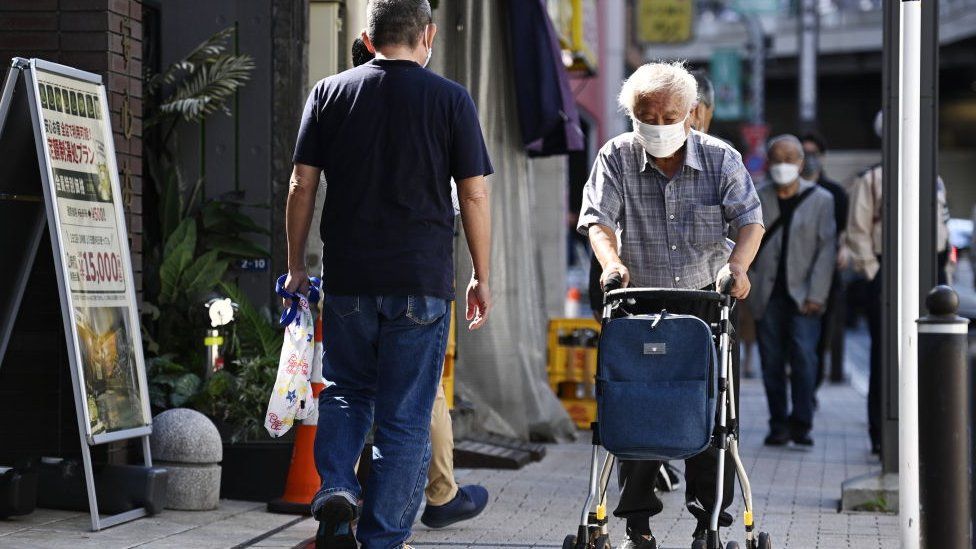-

-
-
Loading

Loading

In Japan, there has been a significant increase in the number of elderly citizens, with more than 10% of the population now aged 80 or above. Data also reveals that 29.1% of the country's 125 million people are aged 65 or older, marking a record high. This is a result of Japan's low birth rate, a long-standing issue that the country has struggled to address. The United Nations (UN) has recognized Japan as having the highest proportion of elderly citizens, compared to other nations that have large elderly populations, such as Italy and Finland. By 2040, it is projected that those aged over 65 will make up 34.8% of Japan's population. Despite the fact that the country has a high elderly employment rate, this has not alleviated the strain on social security spending. As a consequence, Japan has approved a historically high budget for the upcoming fiscal year, driven in part by the rising costs of social security. Efforts to increase birth rates have been largely ineffective due to the high cost of living and demanding work hours. Japan recorded its lowest number of births last year, with fewer than 800,000 babies being born, in contrast to the more than two million births in the 1970s. In January, Prime Minister Fumio Kishida expressed concern about the country's declining birth rate potentially hindering its societal functioning. However, authorities are hesitant to consider migrant workers as a solution to the fertility decline. Other countries in Asia, such as China and South Korea, are also grappling with similar demographic challenges. China experienced a population decrease for the first time since 1961, while South Korea currently has the lowest fertility rate globally.